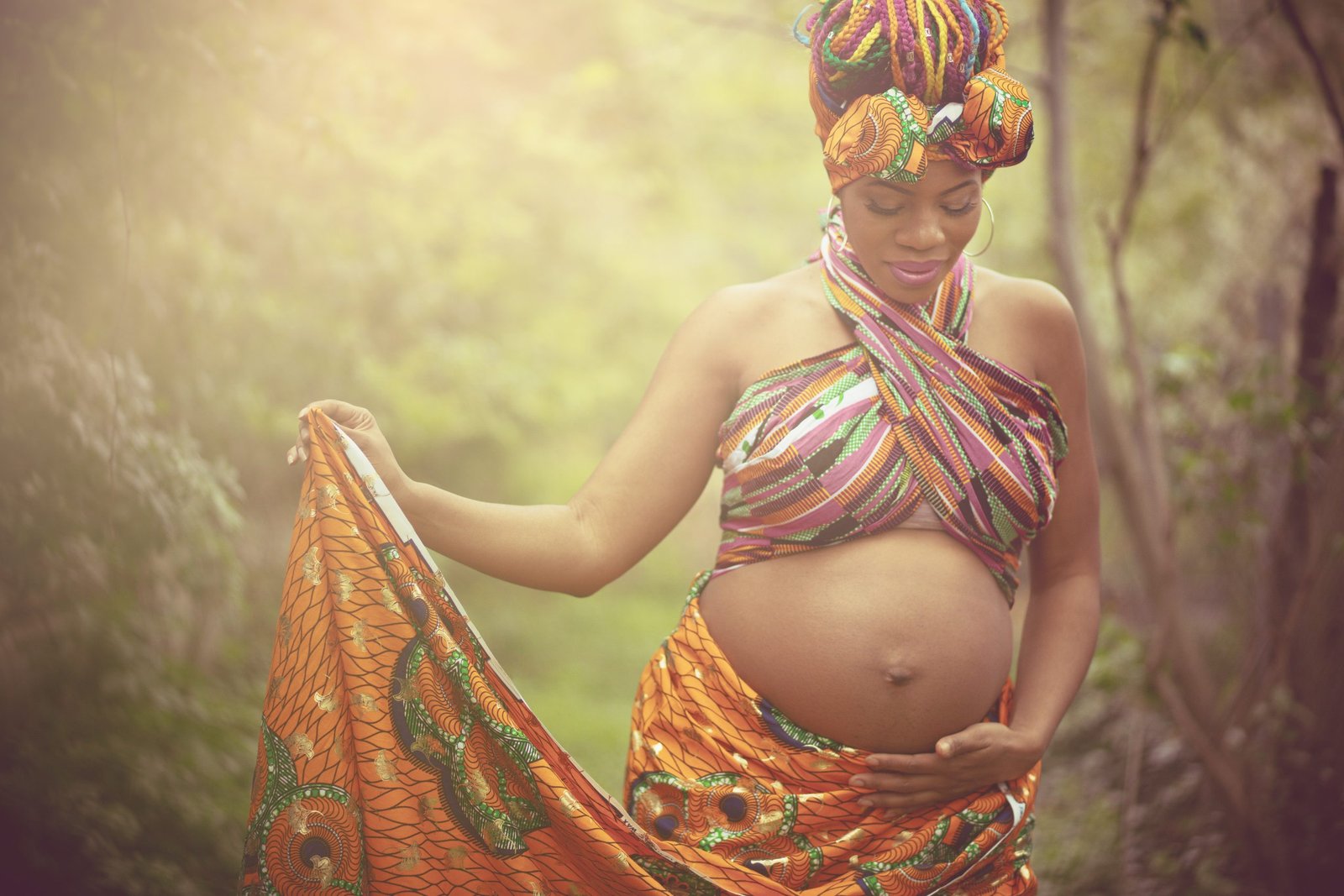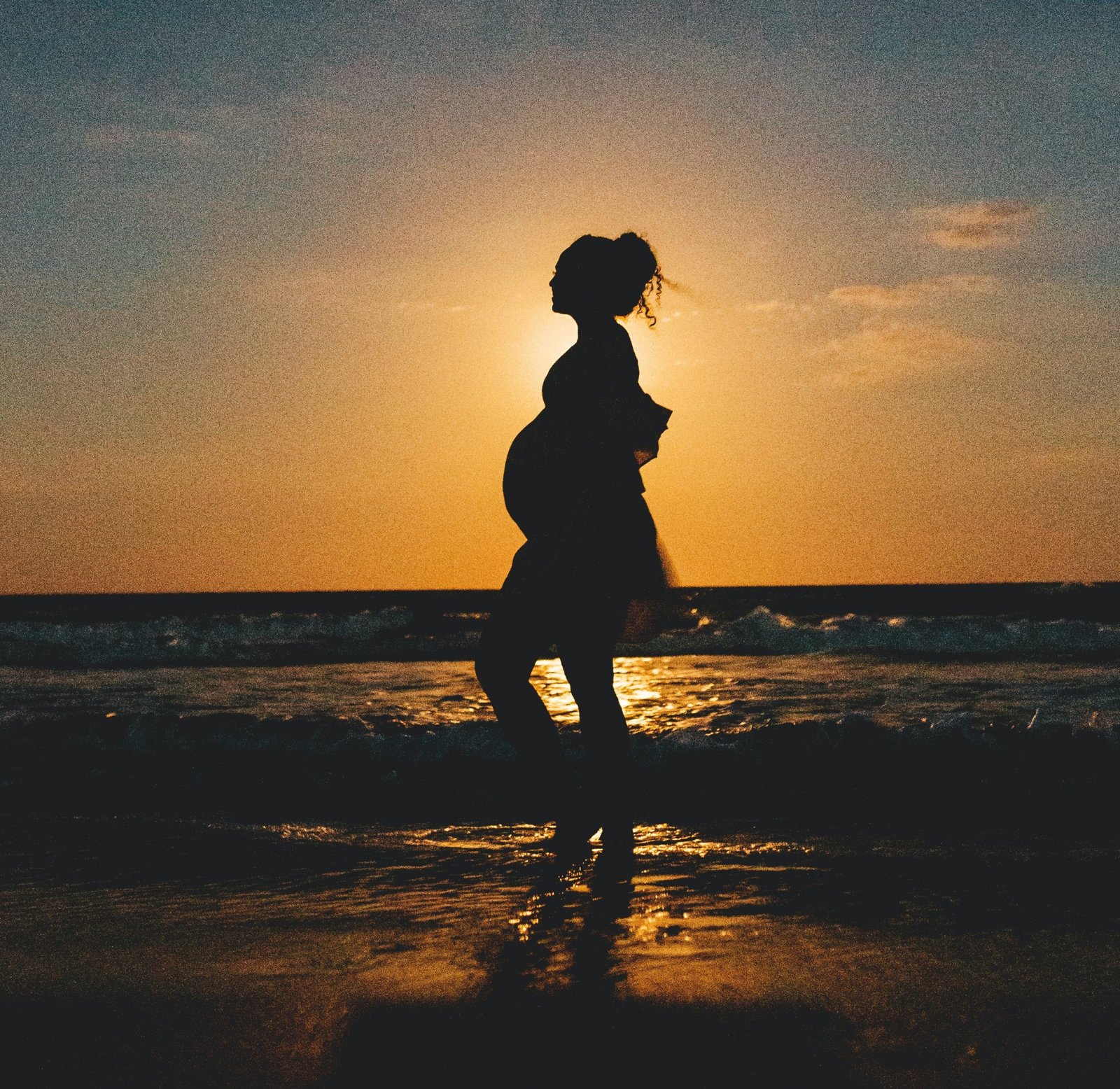First let’s just say this: being black is a blessing. Being pregnant is a blessing. Living in the truth of both is superhero worthy, yet deemed as a curse– especially in America.
Considering the on-going race battle occurring in the United States, it is to no surprise that racial disparities have a solid placement within the healthcare system. More specifically, black mothers are facing a maternal health crisis relating to pregnancies and childbirth. Prior to the COVID-19 pandemic, the Centers for Disease Control and Prevention (CDC) reported that “black women were three times more likely than Hispanic women and 2.5 times more likely than white women to die from causes linked to pregnancy.” Additionally, statistics revealed that “for every 100,000 live births, 37 black women died while pregnant or within six weeks of pregnancy compared to 12 hispanic women and 15 white women.”
This is not a coincidence.
With the United States being one of the most socially, technologically and medically advanced countries in the world, it is quite perplexing to hear that the most marginalized group of citizens are experiencing maternal morbidity, mortality and infant health issues at alarming rates.
But why? It’s all tied to the domino effects of racism. Let’s take a deeper look at some of the factors:
Environmental
Realistically speaking, African-Americans, more often than not, grow up in neighborhoods of underwhelming resources. As a result, there’s a noticeable rise in crime and violence directly affecting residents in the area–including pregnant women. According to the American Journal of Managed Care, “Black women are four times more likely to live in a neighborhood with high violent crime and high air pollution than white women.” This directly correlates to the fact that pollution is actually tied to sudden premature births, as also reported by AJMC. “Data proves that black Americans experience consistently higher exposure to air pollutants, measured in fine particulate matter.” Consequently, pregnant African-American women are birthing babies prematurely with an increased potential for defects and higher rates of infant mortality.
Economic Stability
Finances are obviously an important factor when starting a family. For many, the maintenance of health insurance coverage is dependent on employment. If employment is at risk due to economic instability– (especially in the height of the COVID pandemic)– that immediately affects those in need of healthcare benefits– (insert vulnerable pregnant black women here).
According to Black Mamas Matter, “higher poverty rates are associated with higher rates of maternal mortality for all women, but black women are more than twice as likely to live in poverty as white women are. Nationally, a quarter of all adult black women live below the federal poverty threshold.” So automatically, pregnant black women and their yet-to-be-born offspring are already positioned at a disadvantage. From this, marginalized groups are less likely
to have a primary care provider– a direct result of a deliberately subpar healthcare infrastructure reserved for under-served communities.
Systemic Racism
Overall, these environmental and economical factors are a part of a systemic business that has been meticulously strategized to play out exactly as it has. It’s very American and very on brand. For “black women who are affected by structural inequality and discrimination, the chronic stress of poverty and racism has been shown to have a deleterious effect on health outcomes,” according to the Journal of Women’s Health. Predictably, yet, tragically, it’s all linked to the maternal health crisis in the black community.
When it comes to the doctor’s office, black patients receive medical treatment far below standards in comparison to their white counterparts. Both groups could have the same symptoms, yet receive “fewer diagnostic and therapeutic interventions, and even less pain medication,” according to Black Mamas Matter. It doesn’t help that as black women climb in age, our health decreases– especially (and of course predictably) within disenfranchised neighborhoods. Researchers suggest that these “adverse health characteristics are related to the hardships associated with persistent social inequality, and that these effects compound with age.”
How can we begin to see change?
Empowerment is key. As black, indigenous and people of color (BIPOC), we can take a stand by reporting on the facts and relaying information to local politicians who are able to make a difference in neighborhoods. By providing access to education and information regarding healthcare insurance options, black women will, at the very least, be able to make beneficial choices for their children. Learning what programs are available in your area is crucial. Additionally, incorporating more people of color in the medical field and in underserved communities can assist in educating the demographic about resources that are available. Remaining engaged and active in our communities helps to amplify marginalized voices to healthcare providers and the government alike.
In the words of Public Health and Reproductive Justice Consultant, Elizabeth Dawes Gay, “We have to address race—and racial discrimination in particular—if we are going to see any improvement in maternal and infant health in the United States.”
**The information given is helpful, but it is not a substitute for your care provider. He or she will have specific information about you and will be able to help tailor your care for your personal circumstances. These are guidelines and the best care will sometimes mean doing things different than or in addition to what will be outlined today. Information is not being endorsed by any government or public entity. The views expressed are only those of the author**





